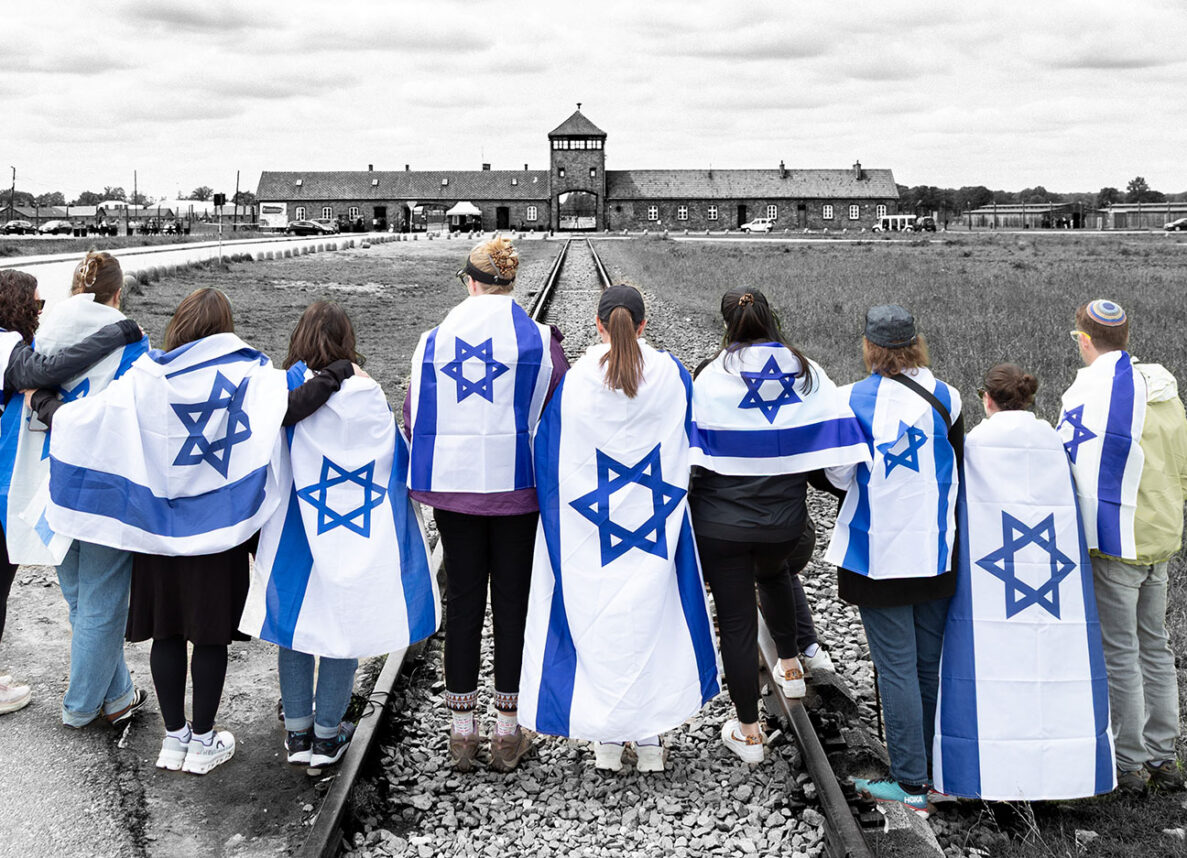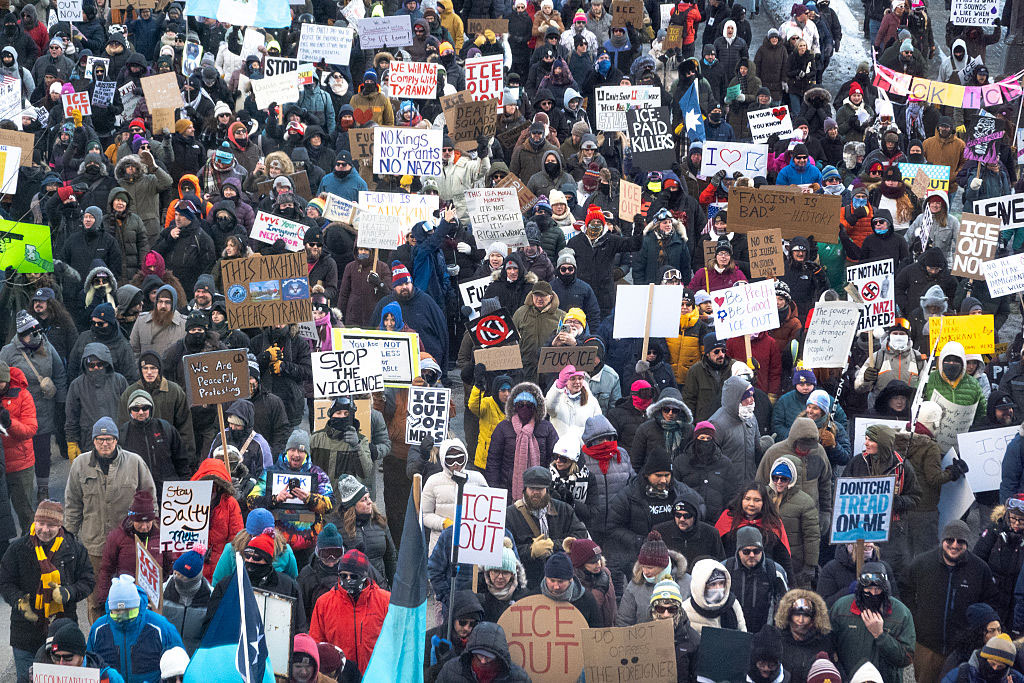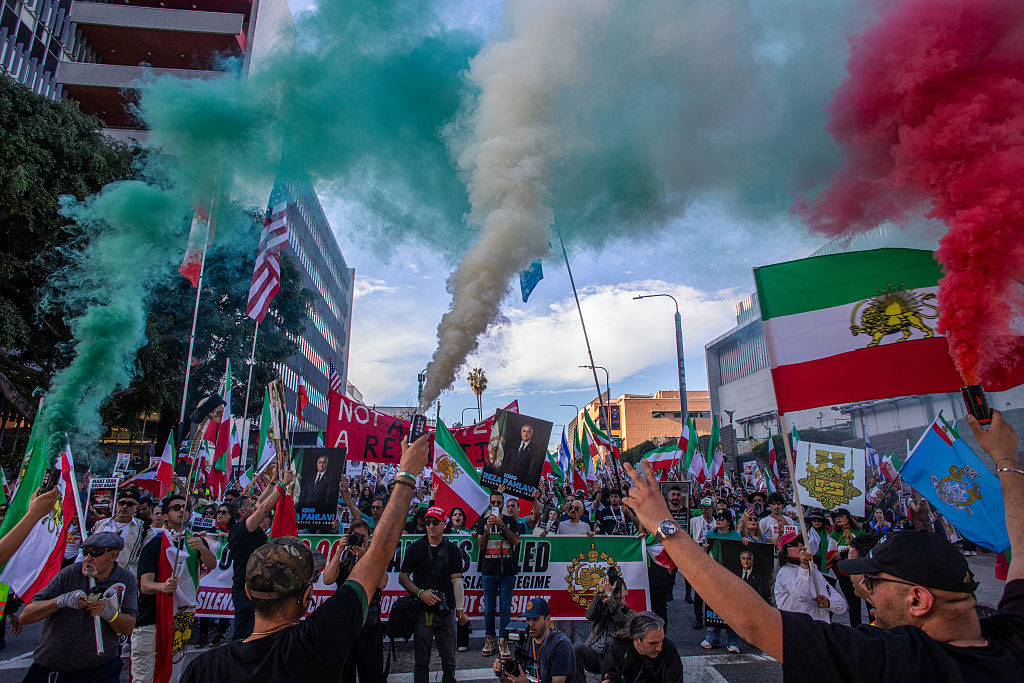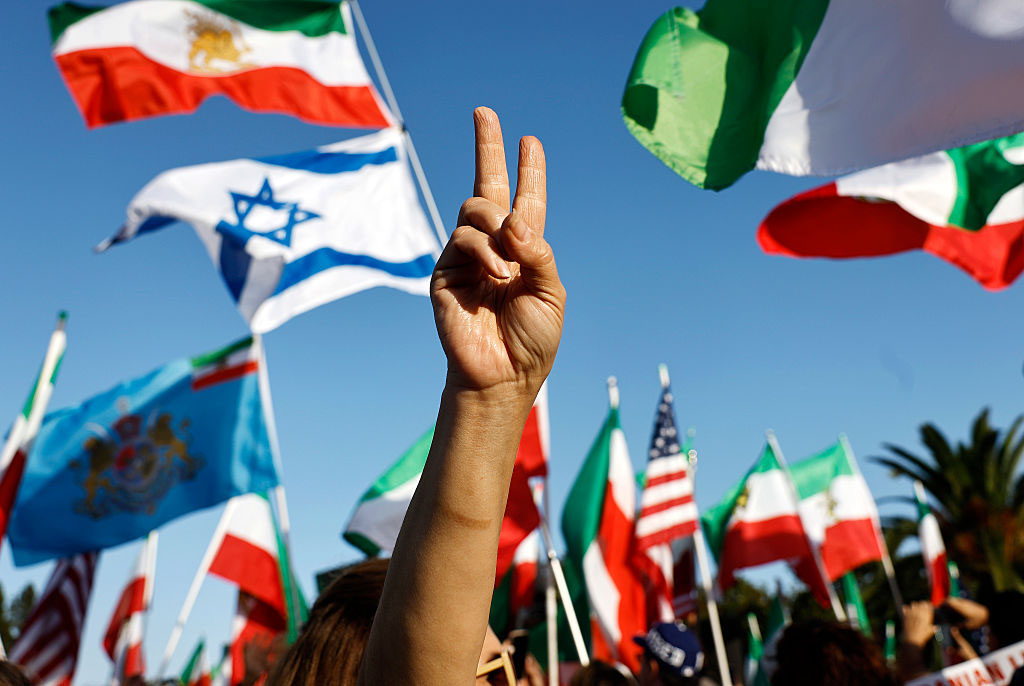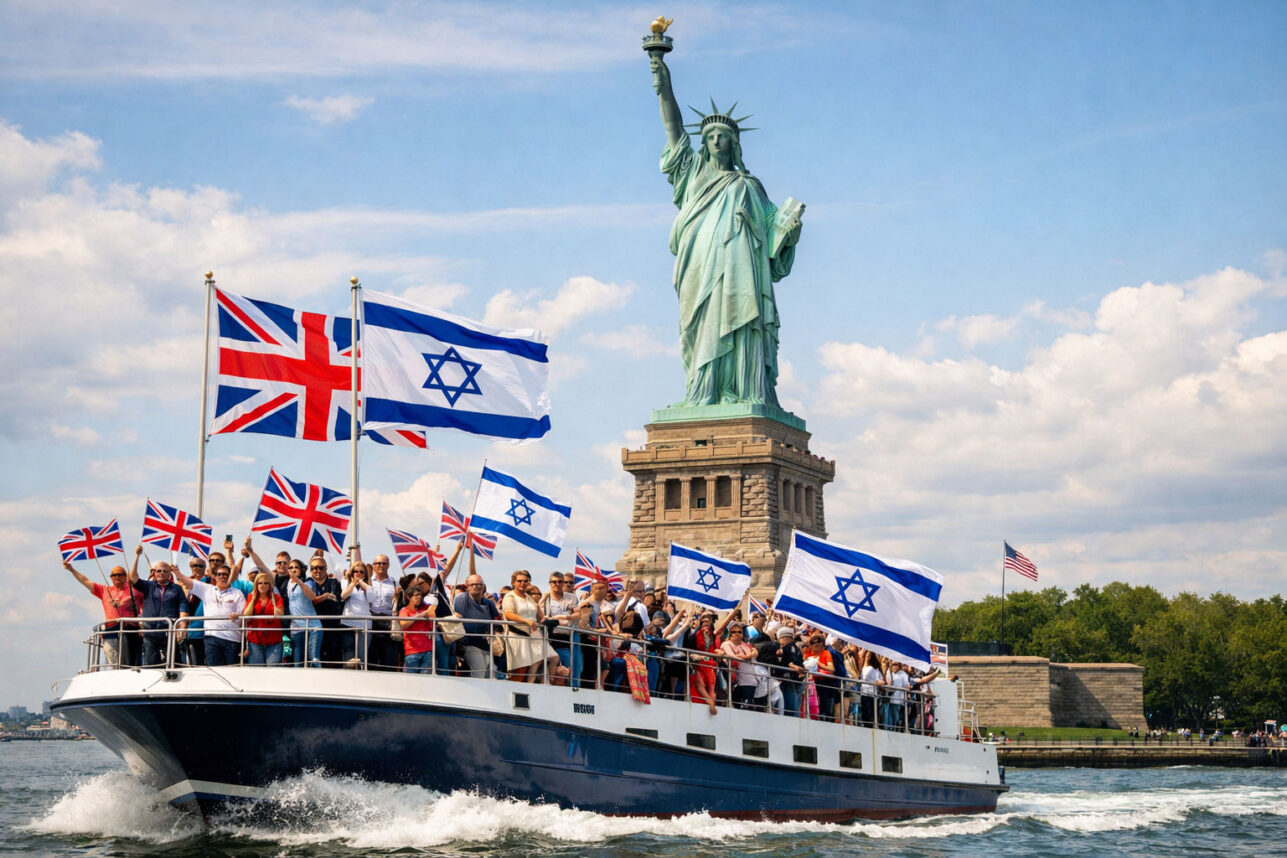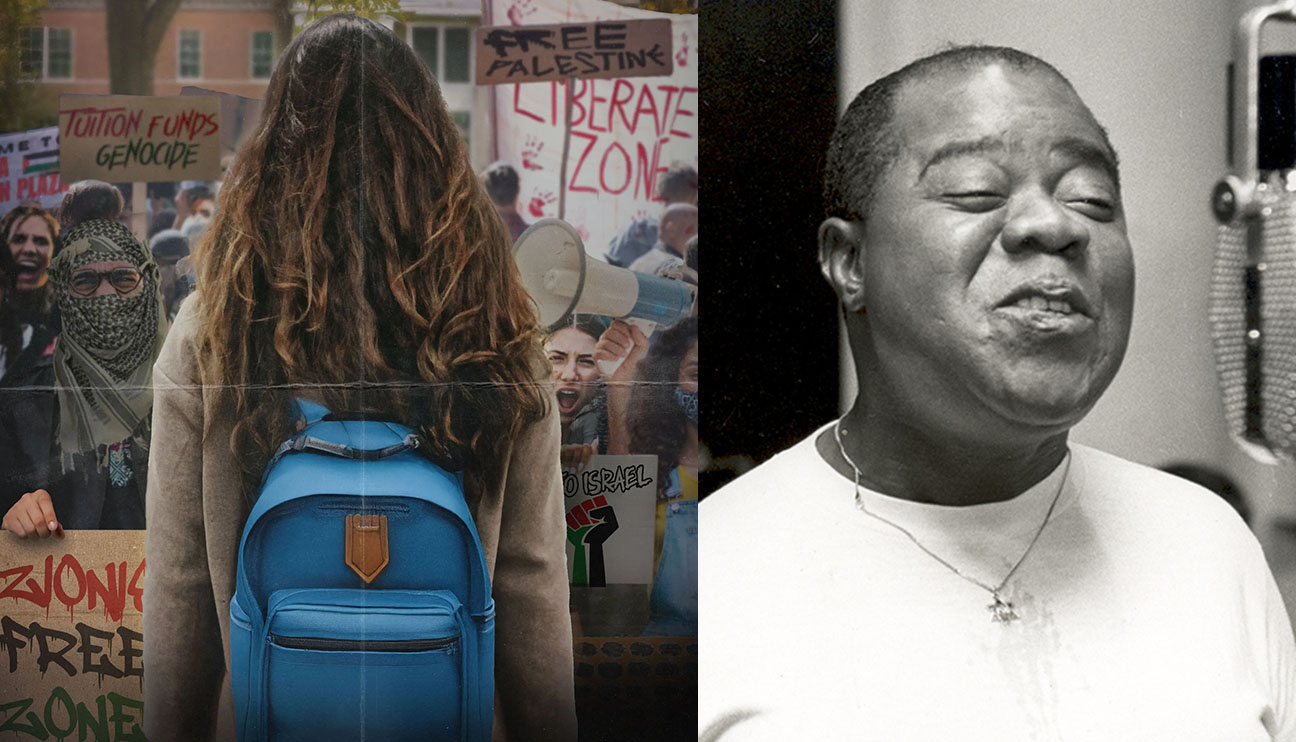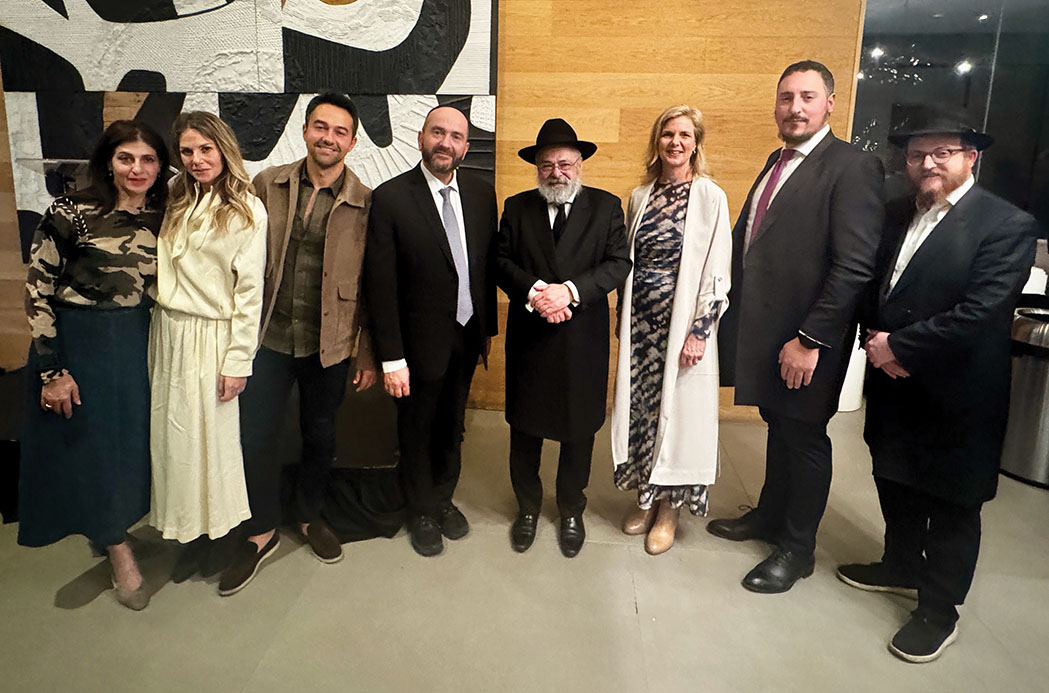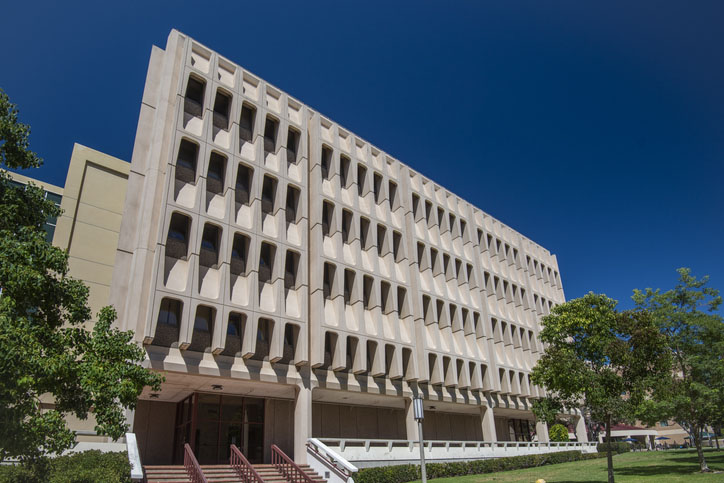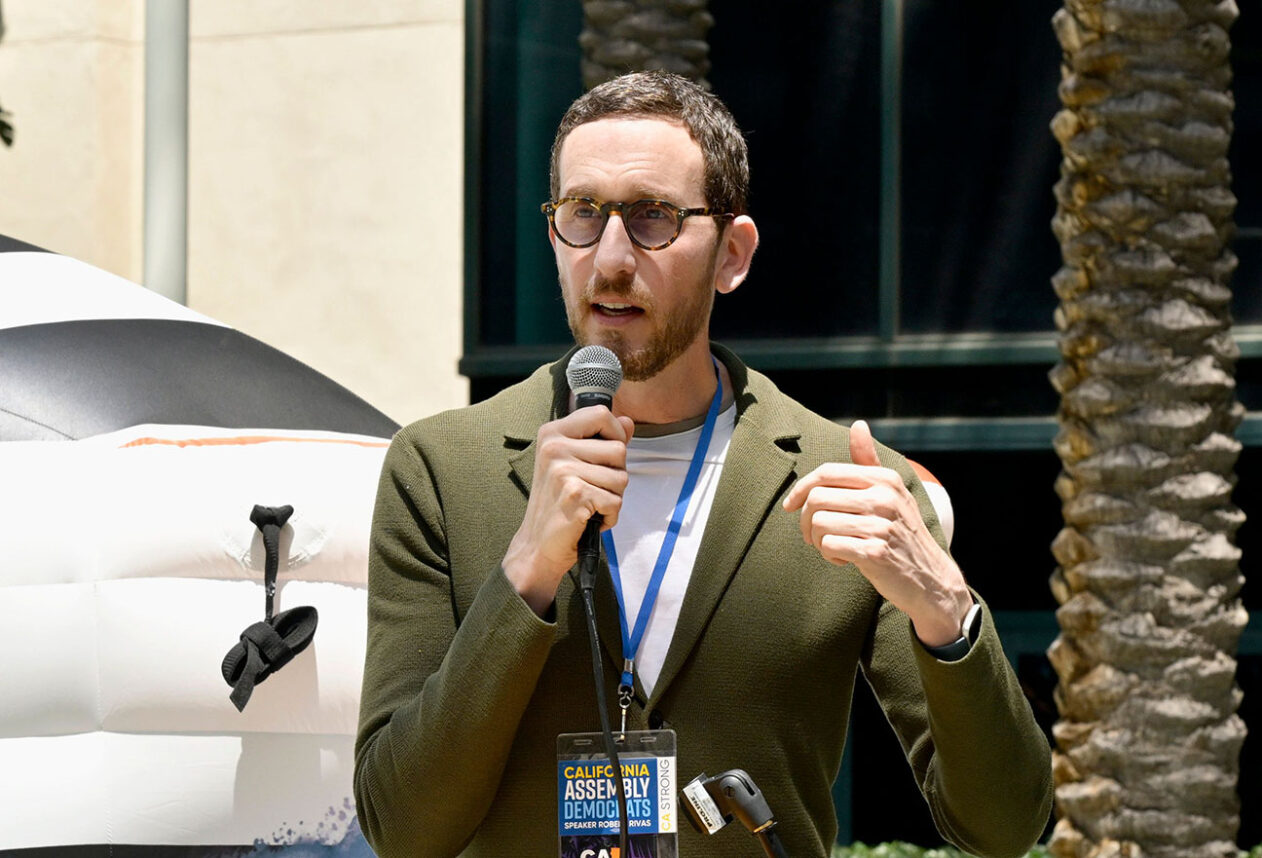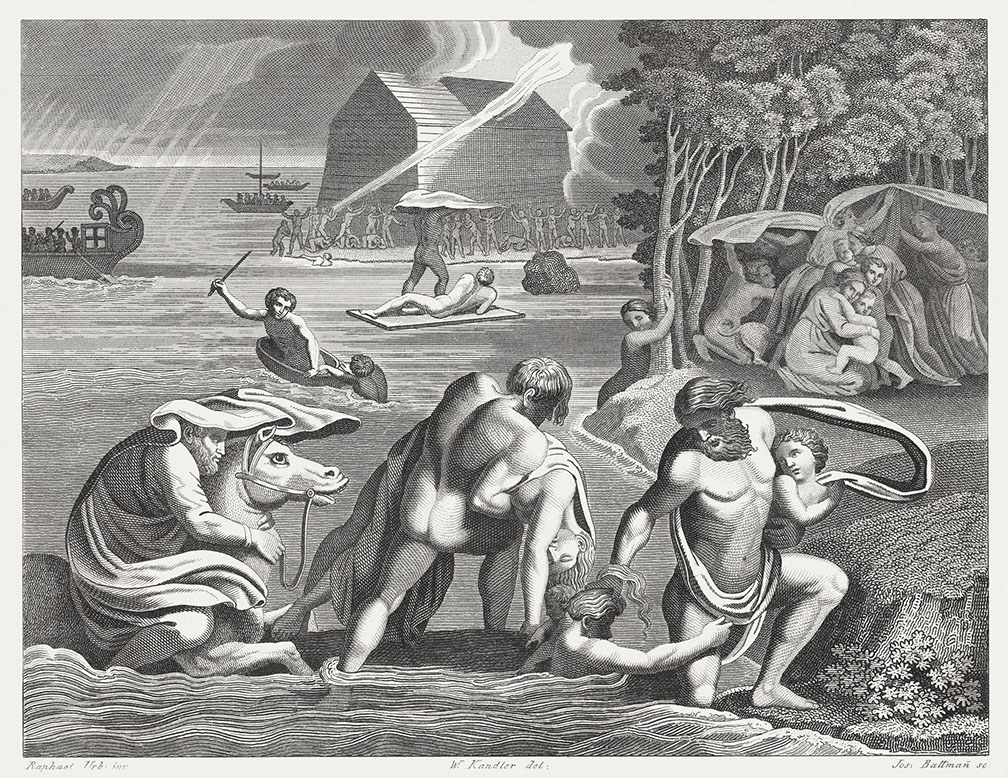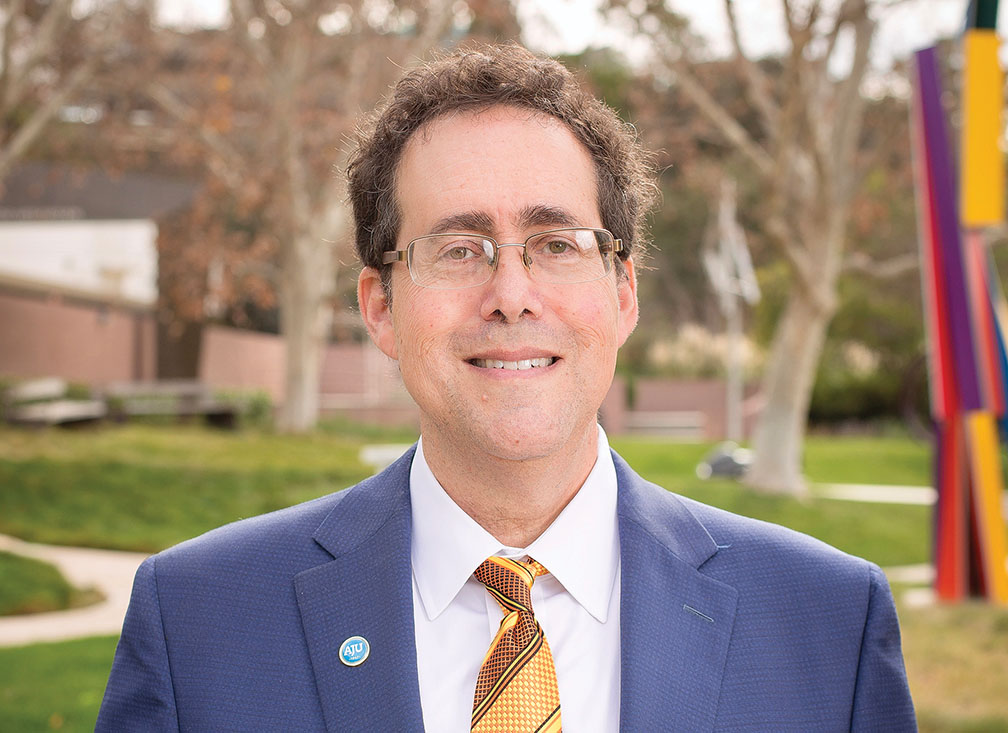
In 1937, Secretary of the Arab Higher Committee to the British Peel Commission, Awni Abd al-Hadi stated: “There is no such country as Palestine. ‘Palestine’ is a term the Zionists invented.” I came across this quote at a Club Z session. We were learning how to confront the deceptive map called “The Shrinking Map of Palestine,” a crafty piece of propaganda used in anti-Israel campaigns.
It has now become commonplace to encounter maps of the Middle East where the modern country of Israel is labeled as “Palestine” in numerous textbooks at schools. It is disturbing that even after seventy-two years since the Jews declared statehood and thousands of years of persecution, Jews today must fight for basic recognition of Israel.
It is disturbing that even after seventy-two years since the Jews declared statehood and thousands of years of persecution, Jews today must fight for basic recognition of Israel.
We are constantly bombarded by news stories about conflicts in “Palestine,” and often hear slogans such as “Free Palestine” at anti-Israel protests. Knowing this, a central question arises: how is it possible that the word “Palestine,” which today is associated with the Arab’s desire for an Arab state, was called an invention of the Zionists by an Arab leader less than a century ago?
The word Palestine originates from the term “Syria Palaestina,” given by Roman Emperor Hadrian in 135CE, who renamed the land of Israel after crushing the last Jewish rebellion against the Roman occupation and expelling the Jews from their homeland in 136CE. “Palaestina” was named after the Philistine people, a long-standing enemy of the Jewish people. And this was no accident: Roman Emperor Hadrian purposefully renamed the Kingdom of Judea after the Jews’ greatest foe to not only eradicate all evidence of a Jewish presence there, but to humiliate them as well.
Roman Emperor Hadrian purposefully renamed the Kingdom of Judea after the Jews’ greatest foe to not only eradicate all evidence of a Jewish presence there, but to humiliate them as well.
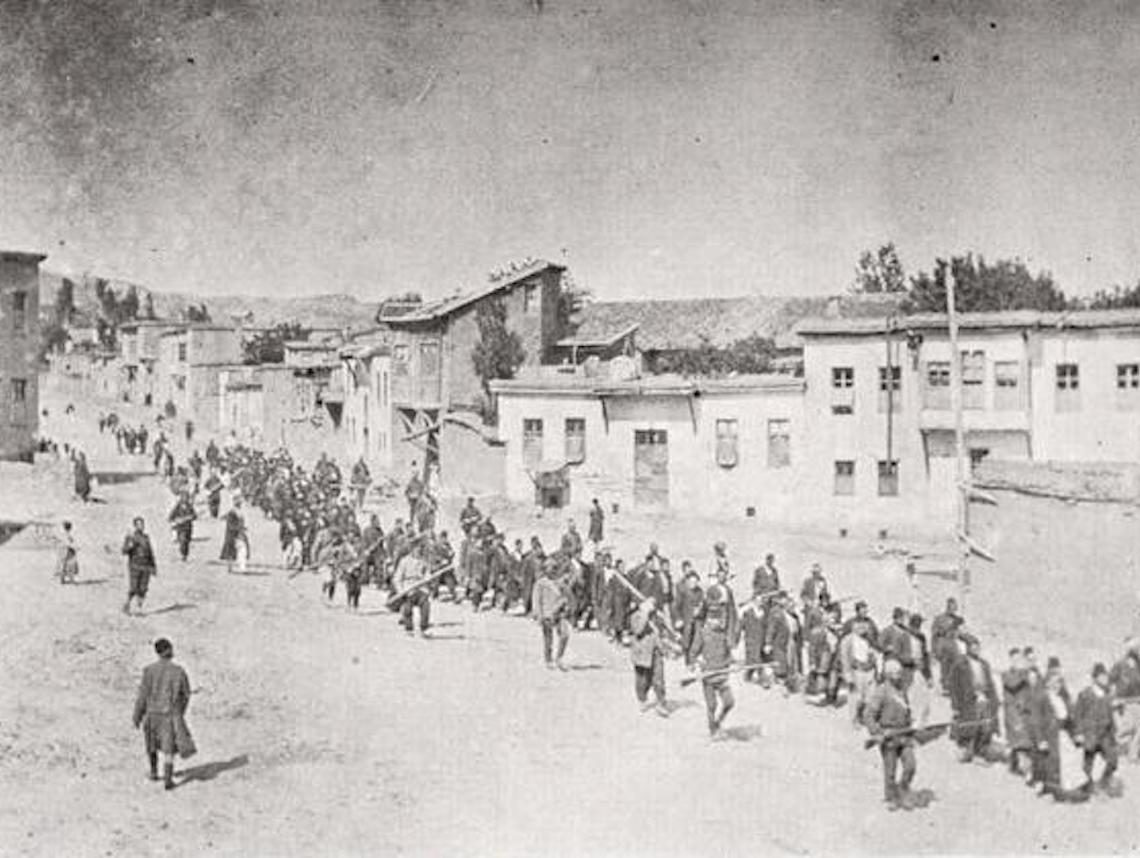
For two millennia, as Jewish people lived throughout the diaspora, the ancient Jewish homeland of Israel fell under the control of foreign empires — the Byzantine empire, the European Crusaders, the Ottoman Empire, and the British Empire. With the dawn of the modern Zionist movement and the increased virulence of pogroms at the turn of the 20th century, many Jews began to immigrate to Israel. In 1917, when Britain acquired the territory of what is now Israel from the Ottoman empire post-World War I, they renamed it the British Mandate of Palestine. To encourage more Jews to make Aliyah (returning to Israel), Zionists created posters titled “Visit Palestine,” as Palestine was the common term for Israel at the time. Despite its Roman origins, Jews adopted Palestine with pride.
And thus, in the beginning of the 20th century, Palestine became closely associated with Zionism— a cause of great fury for Jew-hating Arab leaders. In a desperate attempt to make certain Jews would not be granted a country of their own in response to the 1937 Peel Commission, Anwi Abd al-Hadi tried to deny all Jewish ties to the land of Israel by (accurately) denying the existence of a nation called Palestine.
But as the State of Israel blossomed into reality in 1948, there was no more use for the secular word Palestine to refer to the Jewish homeland. But as Jews stopped using the word “Palestine”, Arab Muslim leaders seized the word to describe an Arab entity that never existed. They rebranded it. Inverted it. Flipped it inside out. The word that spoke of the dreams of the Jewish liberation became repurposed as the narrative of an Arab nation unjustly oppressed by the Jews.
As Jews stopped using the word “Palestine”, Arab Muslim leaders seized the word to describe an Arab entity that never existed.
And when we Americans think of their narrative, of a minority suffering, of being deprived of their right to self-determination, we so desperately want to help them–the tired, the poor, the huddled masses yearning to breathe free–that we don’t see the flaws in their narrative. Israel did not even have possession over Judea and Samaria (known today as the West Bank) until 1967; the Arabs had close to twenty years to create their own state, yet did nothing of the sort.
“From the river to the sea, Palestine will be free!” This phrase, which is ubiquitous among “Palestinian Rights” activists, sums it all up: the goal of the Palestinian movement is not to form a separate Arab state to coexist alongside Israel, but rather to obliterate the entire Jewish State of Israel from the Jordan river to the Mediterranean Sea.
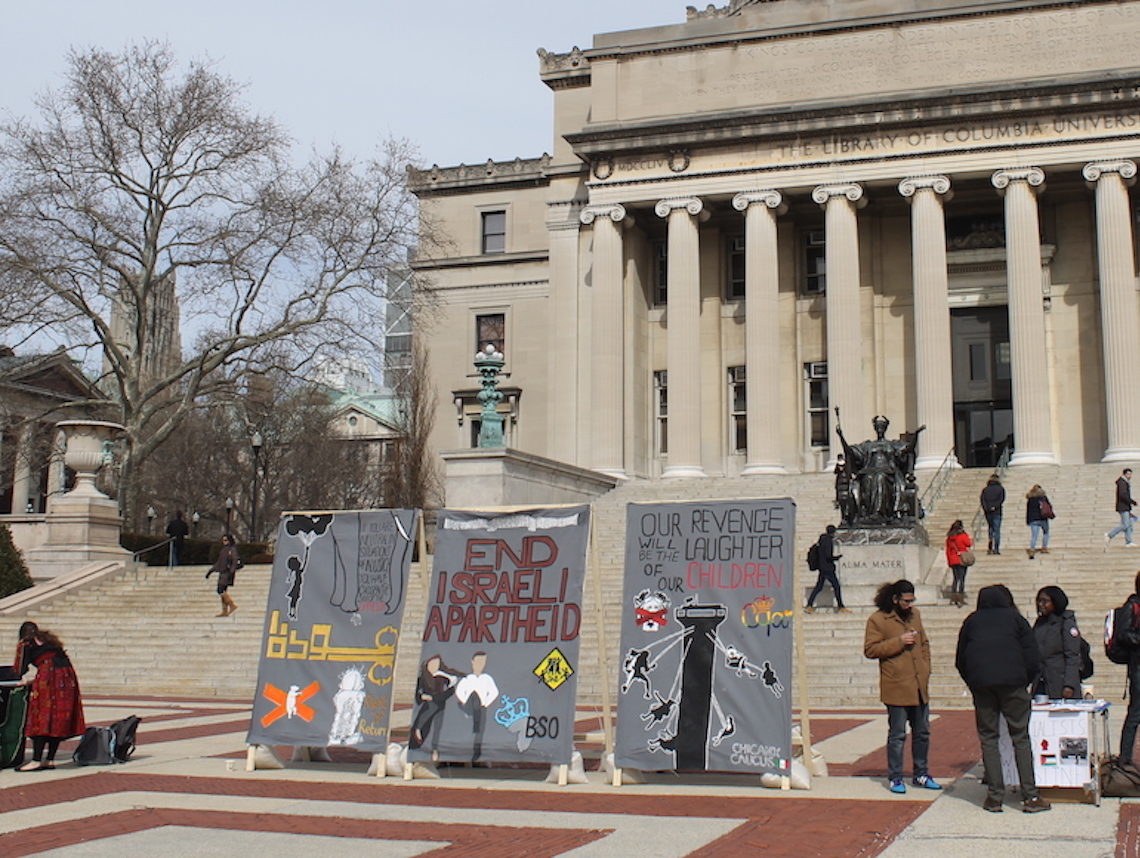
And yet, despite there never being an Arab Palestinian sovereign state, Arabs living in Judea Samaria today identify as Palestinian. It would be unfair and cruel to outright deny their identity. Despite the fact that today’s Arab Palestinians have no historic or ethnic ties to the Philistines who lived during the Roman occupation of Judea, I choose to accept the Arab identity as “Palestinian” and their rights to live in the ancient homeland of Judea and Samaria, with just one small requirement: that they recognize the rights of the indigenous Jews to live and thrive in the land of Israel.
That’s it. Because I firmly stand by the notion that everyone has the right to their identity. But when the very identity of a people is rooted in the rejection of another people’s right to a national homeland, that identity is hypocritical and undermines the very concept of justice.
Everyone has the right to their identity. But when the very identity of a people is rooted in the rejection of another people’s right to a national homeland, that identity is hypocritical and undermines the very concept of justice.
We cannot let our Jewish brothers and sisters become caught up in the tempting social-justice sounding fervor of the free Palestine movement when we know it is a fictitious story rooted in the desire to completely and utterly destroy our people.
And so, the next time you hear someone say something about freeing Palestine, tell them Awni Abd al-Hadi’s quote. You never know, you may save someone’s Jewish identity — or maybe even the future of the Jewish people.
Jennifer Karlan is a Club Z teen and a high school student in Los Angeles.








